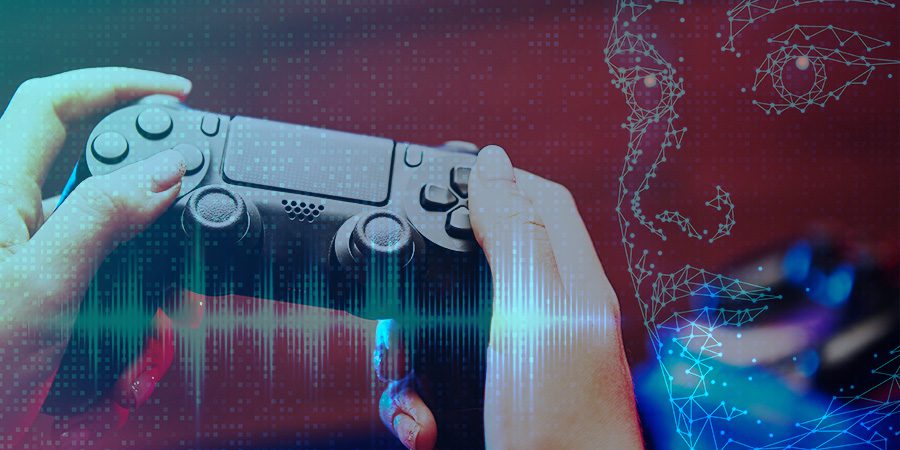In this article, we’ll explore the recent development of an AI tool designed to aid in writing NPC dialogue, the impact it could have on the gaming industry, and the potential benefits and drawbacks of such technology.
Key takeaways:
-
Ghostwriter focuses on generating “barks” – short, repetitive NPC phrases.
-
The AI tool is intended to alleviate the burden of writing barks for game writers.
-
Ghostwriter aims to create more dynamic and diverse NPC dialogue.
-
The tool allows writers to maintain creative control over dialogue.
-
There are concerns about AI tools like Ghostwriter impacting job opportunities for writers.
Ubisoft Develops AI Tool for Generating NPC Dialogue
Ubisoft has recently unveiled Ghostwriter, an AI tool developed to help video game writers create dialogue for non-playable characters (NPCs).
Ghostwriter focuses on generating “barks,” the short, quick phrases uttered by characters in response to in-game situations, such as warnings or reactions to events.
These barks can be essential to the gaming experience, and a well-crafted bark can even become iconic.
Ghostwriter Aims to Support, Not Replace, Game Writers
The purpose of Ghostwriter is not to replace video game writers but to alleviate the often tedious task of writing barks, allowing writers to focus on other aspects of the narrative.
Ubisoft’s tool generates first drafts of barks that writers can accept, reject, or modify based on their needs.
Ghostwriter can also create paraphrased barks, providing multiple versions of a line for added variety.
The Debate Surrounding AI-Assisted Writing Tools
AI-assisted writing tools like Ghostwriter have sparked debate within the gaming industry and the tech world in general.
Critics argue that AI-generated dialogue may lack the richness and variety of human-created dialogue, and some even worry that AI tools could threaten job security in an already competitive industry.
Others believe that AI tools could help writers by freeing them from mundane tasks, enabling them to focus on more creative aspects of their work.
The Potential Benefits of AI Tools in Game Development
Many game developers are excited about the potential of AI tools in their work.
These tools could not only save time but also improve the quality of dialogue in games by generating more varied and engaging NPC interactions.
Video games already use machine learning and AI tools in various ways, and some developers believe that tools like Ghostwriter could fit seamlessly into existing writing structures and processes.
Ghostwriter as Part of a Larger Conversation on AI Ethics
The development and use of AI tools like Ghostwriter are part of a broader conversation on AI ethics. As AI becomes more integrated into everyday life, questions of ethical use, legality, and responsibility arise.
Ghostwriter’s creator, Ben Swanson, has urged game developers to maintain open communication with narrative designers and scriptwriters to ensure that AI tools are genuinely useful and not simply a novelty.
Conclusion
As AI tools like Ubisoft’s Ghostwriter become more prevalent, it’s important to consider both the potential benefits and drawbacks of their use.
While AI-generated dialogue has the potential to save time and improve the overall gaming experience, it’s crucial to ensure that these tools are used ethically and responsibly.
By maintaining open communication and focusing on the needs of writers, developers can harness the power of AI to create more engaging and immersive game worlds without sacrificing the human touch.
 Sections of this topic
Sections of this topic
















